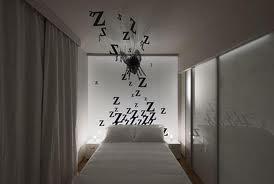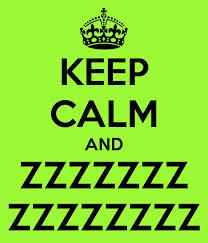
I am a woeful sleeper, I toss and turn nightly. Waking up 3-6 times a night is a everyday occurrence.
I am used to it now but I have found a night time routine that has eased the sleeplessness and makes going back to sleep much easier meaning I wake more refreshed.

The first step of my nightly routine is a warm shower, this helps to get me sleepy and tells my brain its bed time and time to switch off

Then I hop into bed and rub my lavender oil into my temples. I chose Essence oil for its purity and it works.
I also take Complete Sleep tablets, they relax me and help to let me drift off to sleep
This routine has helped me to relax before bed and means I get a solid sleep and when I do wake up I go back to sleep quicker...
Here is some info about the power of sleep...
The power of sleep
Understanding sleepMany of us try to sleep as little as possible—or feel like we have should. There are so many things that seem more interesting or important than getting a few more hours of sleep, but just as exercise and nutrition are essential for optimal health and happiness, so is sleep. The quality of your sleep directly affects the quality of your waking life, including your mental sharpness, productivity, emotional balance, creativity, physical vitality, and even your weight. No other activity delivers so many benefits with so little effort! Sleep isn’t exactly a time when your body and brain shut off. While you rest, your brain stays busy, overseeing a wide variety of biological maintenance that keeps your body running in top condition, preparing you for the day ahead. Without enough hours of restorative sleep, you won’t be able to work, learn, create, and communicate at a level even close to your true potential. Regularly skimp on “service” and you’re headed for a major mental and physical breakdown. The good news is that you don't have to choose between health and productivity. As you start getting the sleep you need, your energy and efficiency will go up. In fact, you're likely to find that you actually get more done during the day than when you were skimping on shuteye.
Myths and Facts about Sleep
Myth 1: Getting just one hour less sleep per night won’t affect your daytime functioning. You may not be noticeably sleepy during the day, but losing even one hour of sleep can affect your ability to think properly and respond quickly. It also compromises your cardiovascular health, energy balance, and ability to fight infections. Myth 2: Your body adjusts quickly to different sleep schedules. Most people can reset their biological clock, but only by appropriately timed cues—and even then, by one–two hours per day at best. Consequently, it can take more than a week to adjust after traveling across several time zones or switching to the night shift. Myth 3: Extra sleep at night can cure you of problems with excessive daytime fatigue. The quantity of sleep you get is important, sure, but it's the quality of your sleep that you really have to pay attention to. Some people sleep eight or nine hours a night but don’t feel well rested when they wake up because the quality of their sleep is poor. Myth 4: You can make up for lost sleep during the week by sleeping more on the weekends.Although this sleeping pattern will help relieve part of a sleep debt, it will not completely make up for the lack of sleep. Furthermore, sleeping later on the weekends can affect your sleep-wake cycle so that it is much harder to go to sleep at the right time on Sunday nights and get up early on Monday mornings. Adapted from: Your Guide to Healthy Sleep (PDF) The National Institutes of HealthAverage Sleep Needs by Age
Newborn to 2 months old 12 - 18 hrs
3 months to 1 year old 14 - 15 hrs
1 to 3 years old 12 - 14 hrs
3 to 5 years old 11 - 13 hrs
5 to 12 years old 10 - 11 hrs
12 to 18 years old 8.5 - 10 hrs
Adults (18+) 7.5 - 9 hrs
Do you have a bed time routine??
